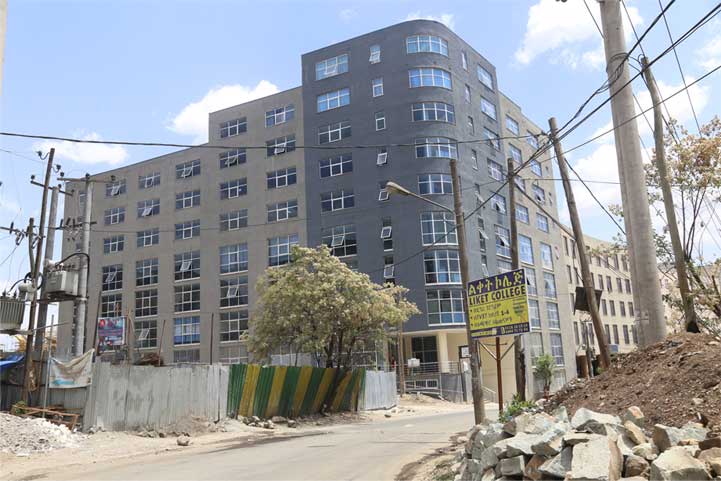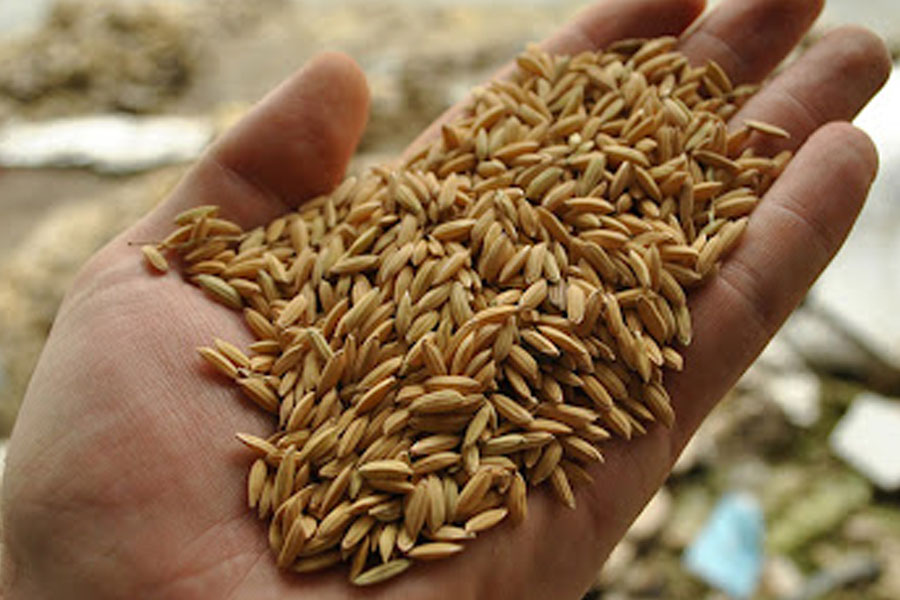
Fortune News | Mar 28,2020
Jul 18 , 2021
By Zelalem Bezabih ( Zelalem Bezabih (zolalede@gmail.com), a business development and social researcher. )
The COVID-19 pandemic has exposed global vulnerabilities in the economic, political and public health spheres. For a developing country like Ethiopia, it has burdened attempts at economic transformation and pulled more people into poverty. The crisis highlights the need for urgent action to cushion the pandemic's toll on the population and set the stage for quicker recovery.
Post-pandemic recovery is expected to be uneven across the globe, depending on international vaccine reach and local capacities. The likes of the United States, China and Europe are expected to have an economic output similar to their pre-pandemic levels sooner than everyone else. For the rest of the world, it could be three years or more.
Ethiopia will be growing at about two percent of GDP, according to the International Monetary Fund (IMF), although the government claims this figure will be significantly higher. But the fact that the country did not go into recession due to COVID-19, unlike every other country in the world, is remarkable. Of the three main sectors, services still account for the highest share of GDP, despite the travel restrictions.
The fact that the central bank slashed the 27pc mandatory bond buying for private banks is an encouraging sign of economic modernisation and has contributed to a growth in credit from banks. The export sector has also performed much better than anticipated, taking in 3.5 billion dollars for the first time. The mining industry – specifically gold – has made a sudden turnaround, raking in 681 million dollars.
Then there is ongoing economic liberalisation. The jury is still out on its benefits to the economy at such an early stage, but it is proving encouraging at least in one area. For the first time, the country awarded a telecom operating license to a private foreign consortium led by Safaricom for 850 million dollars, breaking up an age-old government monopoly in the sector. Reforms are also underway to improve digital finance, which can unleash pent-up energy and potential in many parts of the economy.
But there are still many reasons to worry. Tax revenue has been increasing, but the tax-to-GDP ratio is in decline. The massive debt burden also puts pressure on government coffers, while foreign exchange woes slow down business activity. From its looks, the economic consequences of the pandemic appear to be more protracted than health-related repercussions.
The ongoing privatisation of main infrastructure like the telecom sector and other pipeline projects can only temporarily lessen debt stress. There is a need to boost remittance and export earnings to offset the macroeconomic imbalance. A systematic approach is required to grow remittance earnings. In this regard, improving the sentiment of the diaspora by addressing socio-political challenges in the country will go a long way. Innovations in the Fintech sphere to reduce the cost of transaction are also critical not to lose major foreign currency outflows to the black market.
The geopolitical tensions and diplomatic fallout with development partners can only be a dent in economic prospects, hindering the government’s ability to meet some of the critical challenges of the country. Instead of accepting the new normal in the international diplomatic frontier, the government should prioritise the economic impacts on the public at large and redouble its efforts to reach compromises and understanding with the West instead of shutting them off in frustration.
No less an alarming challenge is inflation, which reached 24.5pc just last month – one of the highest in the country’s history and well above the single-digit target the government has put forward. This was driven by monetary expansionism, depreciation of the Birr and cuts to subsidies. It has been devastating to consumers as it eats into savings, especially as alternate investment opportunities are limited. If left unaddressed, it can eventually cripple businesses as they can not forever pass price increases to consumers. The latter are limited by their wages, and thus supply could diminish.
Even compared to inflation, the greatest challenge in the economy is for the government to guide the country out of the current political predicament and sustain its positive economic growth. Both require significant progress in job creation, as well as improved governance. The government is devoting a high share of its budget to pro-poor programmes and investments. However, pandemic-driven job losses will impede poverty reduction efforts.
Despite the monumental challenges facing the economy, GDP growth in 2021 is projected to recover to over eight percent in 2022, led by a rebound in industry and services. Monetary policy is expected to remain flexible in response to the government’s financing requirements. On the flip side, increased use of open-market operations should help reduce inflation as supply, especially in agriculture, improves. There is indeed reason to be optimistic for Ethiopia’s economic prospects, but only if the adjoining political problems can be addressed.
PUBLISHED ON
Jul 18,2021 [ VOL
22 , NO
1107]

Fortune News | Mar 28,2020

Fortune News | Dec 25,2021

Agenda | Sep 01,2024

Commentaries | Sep 01,2024

My Opinion | Aug 18,2024

Radar | Sep 01,2024

International Stories | Apr 07,2020

View From Arada | Aug 23,2025

Radar | Jul 09,2022

Commentaries | Mar 12,2022

Dec 22 , 2024 . By TIZITA SHEWAFERAW
Charged with transforming colossal state-owned enterprises into modern and competitiv...

Aug 18 , 2024 . By AKSAH ITALO
Although predictable Yonas Zerihun's job in the ride-hailing service is not immune to...

Jul 28 , 2024 . By TIZITA SHEWAFERAW
Unhabitual, perhaps too many, Samuel Gebreyohannes, 38, used to occasionally enjoy a couple of beers at breakfast. However, he recently swit...

Jul 13 , 2024 . By AKSAH ITALO
Investors who rely on tractors, trucks, and field vehicles for commuting, transporting commodities, and f...

Oct 18 , 2025
The political establishment, notably the ruling party and its top brass, has become p...

Oct 11 , 2025
Ladislas Farago, a roving Associated Press (AP) correspondent, arrived in Ethiopia in...

Oct 4 , 2025
Eyob Tekalegn (PhD) had been in the Governor's chair for only weeks when, on Septembe...

Sep 27 , 2025
Four years into an experiment with “shock therapy” in education, the national moo...